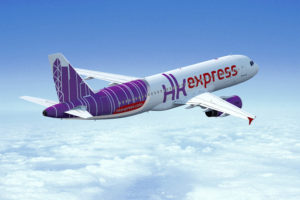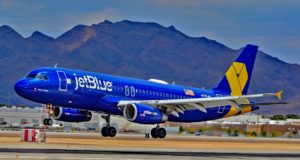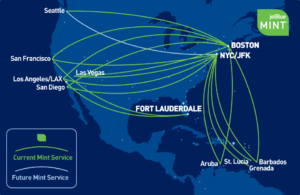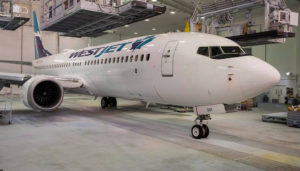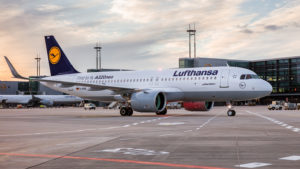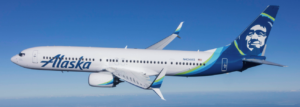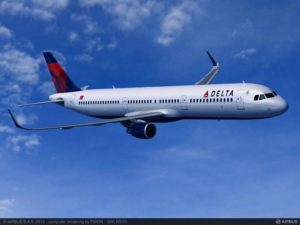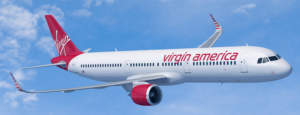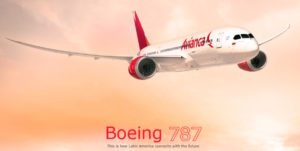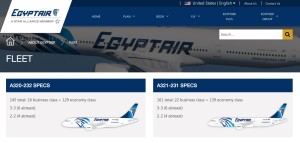SINGAPORE (Reuters) – Hong Kong Express Airways Ltd expects at least a six-month delay in deliveries of new Airbus SE (AIR.SE) A320neo jets due to issues with engines made by Pratt & Whitney, according to an internal memo issued by the airline.
The budget carrier has grounded one plane in Hong Kong until May due to a lack of spare engines after the jet made a mid-air turn-back due to engine issues last month, said a person with knowledge of the matter who was not authorized to speak publicly and so declined to be identified.
Another one of its five A320neos remains on the ground at the Airbus final assembly line site in Hamburg and has yet to be delivered to Hong Kong because one of its engines needs a fix, according to a memo to pilots seen by Reuters on Thursday.
The U.S. aviation regulator on Wednesday said the engines from Pratt & Whitney – a unit of United Technologies Corp (UTX.N) – posed a potential shutdown risk, in a formal warning that followed similar action by European regulators on Feb. 9.
India’s largest airline, IndiGo, owned by InterGlobe Aviation Ltd (INGL.NS), said on Feb. 10 it had grounded three jets due to issues with Pratt & Whitney engines.
Pratt & Whitney’s priority is to obtain replacement engines for all of the affected jets globally, said the Hong Kong Express memo, the contents of which were first reported by the South China Morning Post earlier on Thursday.
The memo said that could take months, while new A320neos on the production line could be delayed for “six months or more”.
Because replacement engines will need testing, Hong Kong Express is “seriously considering” not introducing any new A320neos into its fleet until next year at the earliest, the memo said.
Representatives of Hong Kong Express – part-owned by HNA Group Co Ltd – were not immediately available for comment. The South China Morning Post reported that Hong Kong Express said the memo had been issued to provide relevant details about the fleet and operations to its cockpit crew.
Airbus on Thursday said it was assessing the impact the engine issue would have on 2018 deliveries.
Pratt & Whitney did not respond immediately to a request for comment. The engine maker on Monday said it would discuss the potential affect of the problem on 2018 engine production after regulators respond to its proposed fix. (Story by Jamie Freed)
